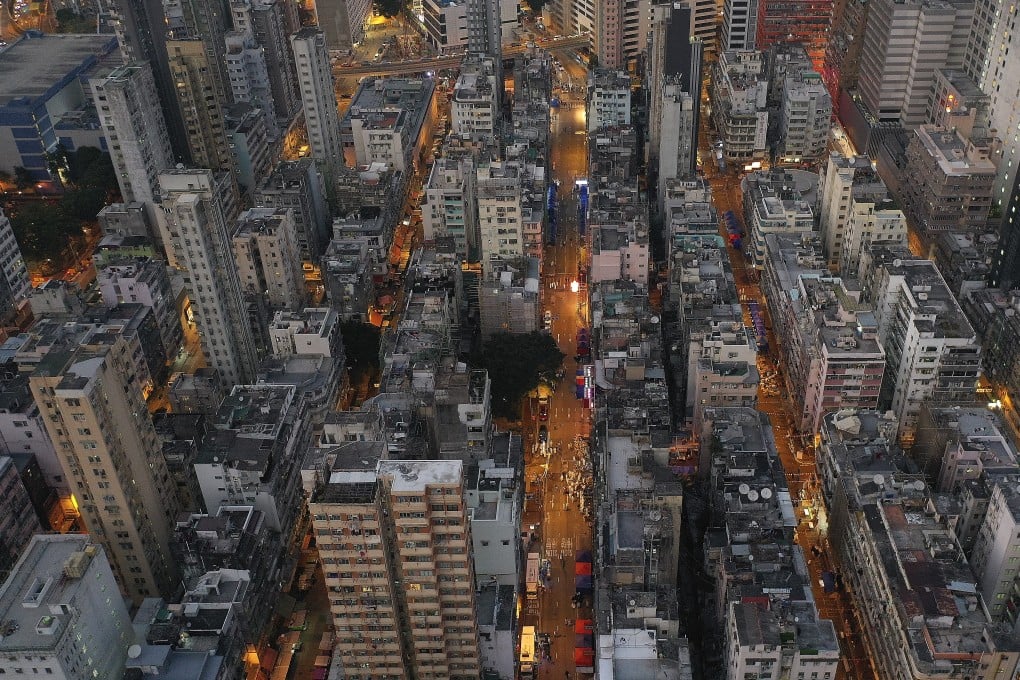Hong Kong developers’ acquisition of old buildings seen rising amid a drop in supply of urban residential plots
- Small developers priced out of multibillion government land tenders are likely to step up acquisitions of old dilapidated buildings in the city’s urban areas
- More than 30 residential buildings over 50 years old in urban area are due for redevelopment

With more than 30 residential buildings over 50 years old in urban areas due for redevelopment, small Hong Kong developers priced out of multibillion government land tenders amid diminishing land supply are likely to step up acquisitions of old dilapidated buildings.
Knight Frank is helping clients process 20 applications on compulsory sale orders, while Savills said it was processing 10 applications on behalf of its clients. All applications for compulsory sale have to be approved by the Lands Tribunal.
The Lands Tribunal received a total of 35 compulsory sale applications in 2020, a slight drop from the 37 in 2019. Property consultants said that the fall in applications was because of the pandemic, which saw extended periods of work from home arrangements from the government as well as many companies.
Under the Land (Compulsory Sale for Redevelopment) Ordinance, developers can force a compulsory auction to buy the remaining stake in a building, if it is over 50 years old and they already own 80 per cent.